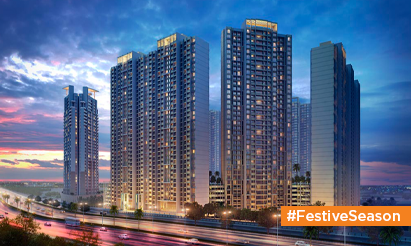From Farm to House: Understanding Agricultural Land Conversion to Residential Use!
Agricultural land conversion refers to the process of changing the use of agricultural land to non-agricultural uses, such as residential, commercial, or industrial purposes. The conversion of agricultural land to residential land is a topic of much debate and controversy in many parts of the world due to its potential impact on the environment, food security, and the local economy. Here is some information about the conversion of agricultural land to residential use:
- Factors driving agricultural land conversion to residential use: The conversion of agricultural land to residential use is often driven by the increasing demand for housing due to urbanization, population growth, and economic development. In some cases, farmers may choose to convert their agricultural land to residential use due to declining profitability or to generate additional income.
- Effects of agricultural land conversion to residential use: Agricultural land conversion can have various negative impacts on the environment, including loss of biodiversity, soil erosion, water pollution, and depletion of natural resources. It can also result in reduced food production, increased food prices, and reduced food security. Furthermore, the conversion of agricultural land to residential use can have social and economic consequences, such as displacement of farmers and rural communities, increased urbanization, and changes in the local economy.
- Regulations and policies governing agricultural land conversion: Most countries have regulations and policies that govern the conversion of agricultural land to non-agricultural uses. In some cases, these regulations may require the payment of compensation to farmers for lost income, or the provision of alternative land for farming. Local zoning and planning laws can also restrict the conversion of agricultural land to residential use in certain areas, and may require the preservation of agricultural land for food production.
- Alternatives to agricultural land conversion: There are several alternatives to the conversion of agricultural land to residential use, including the use of brownfield sites for development, densification of existing urban areas, and the implementation of green infrastructure and sustainable land use practices.
In summary, the conversion of agricultural land to residential use is a complex issue with far-reaching implications. It is important to consider the potential environmental, social, and economic impacts, as well as the existing regulations and policies, when making decisions about agricultural land use conversion.
Disclaimer: The views expressed above are for informational purposes only based on industry reports and related news stories. PropertyPistol does not guarantee the accuracy, completeness, or reliability of the information and shall not be held responsible for any action taken based on the published information.




